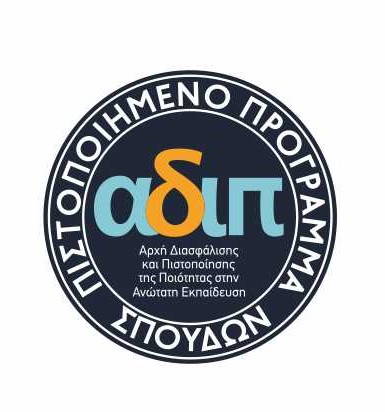Erasmus+ enables higher education institutions to send students and staff abroad (to other programme countries or other partner countries) to study, teach, train or do work placements in participating institutions. It also enables them to receive students and staff from abroad.
Erasmus+ mobility has a positive impact on the educational, social, personal and professional development of participants by enhancing knowledge, skills and attitudes, improving employability, helping to build confidence and independence, stimulating curiosity and innovation, helping to understand each other and building a sense of belonging to Europe.
It supports the priorities and activities set out in the European Education Area, the Digital Agenda for Education and the European Skills Agenda.
It contributes to the realisation of the European Pillar of Social Rights, implements the EU Youth Strategy 2019-2027 and develops the European dimension in sport.
It offers opportunities for mobility and cooperation in the fields of higher education, vocational education and training, adult education and school education (including pre-school education and care), as well as for workers active in the youth and sport sectors.
It places particular emphasis on social inclusion, green and digital transition, as well as on promoting young people's participation in democratic life.
The programme is inclusive: it reduces exclusions for people with fewer opportunities and provides easier access to small organisations.
It invests in forward-looking areas of study such as climate change, digital skills, clean energy, artificial intelligence, health sciences, etc.
It supports flagship initiatives such as European Universities, Professional Centres of Excellence and DiscoverEU.
It promotes healthy lifestyles by providing support to mass sport programmes.
It increases opportunities for mobility and cooperation beyond Europe.
It provides opportunities for cooperation, capacity building, exchanges, networking and policy support to organisations, as well as reforms in the fields of education, training, youth and sport.
Download the official EU guide to the Erasmus 2021-2027 programme by clicking here:

 EL
EL  EN
EN 